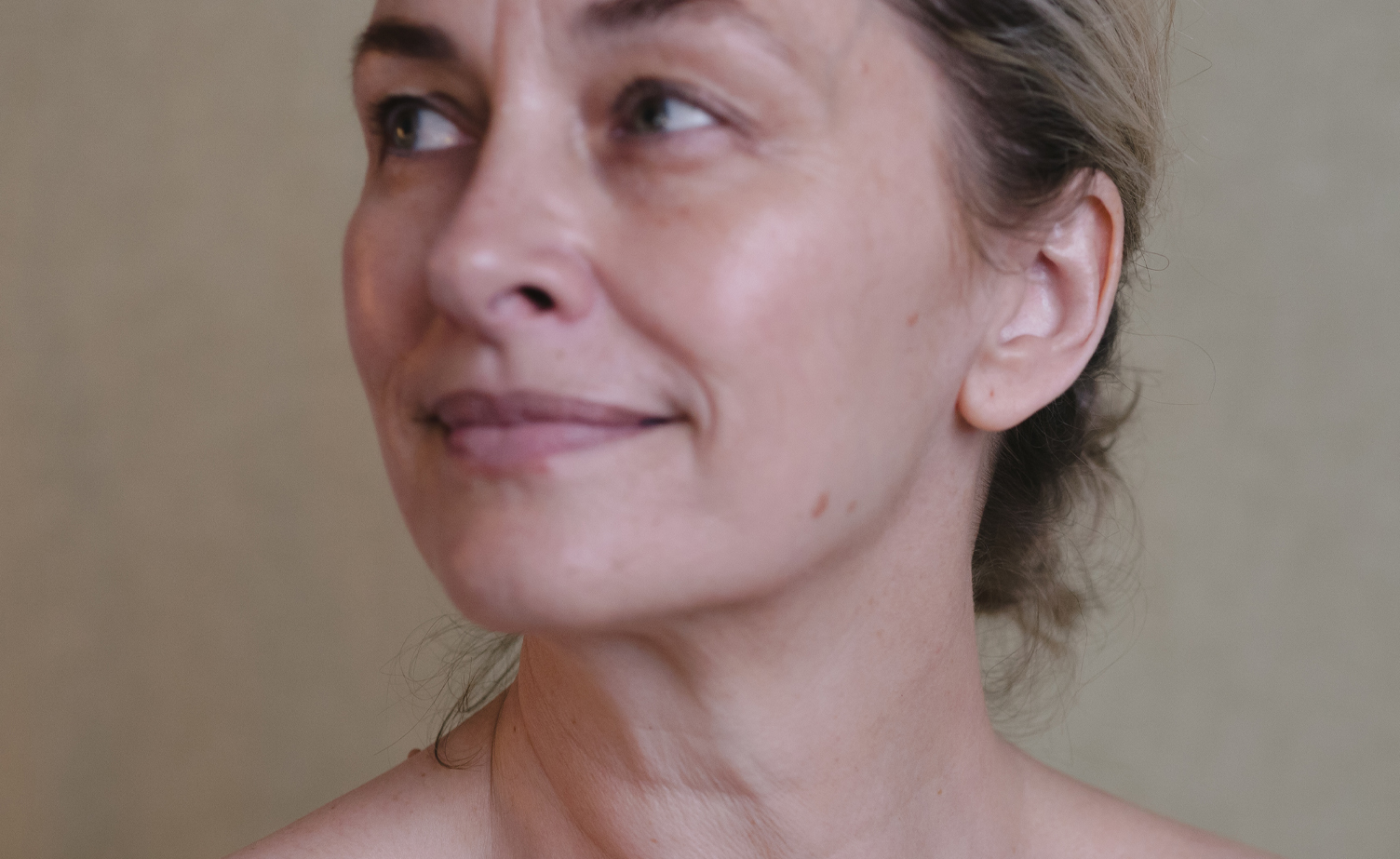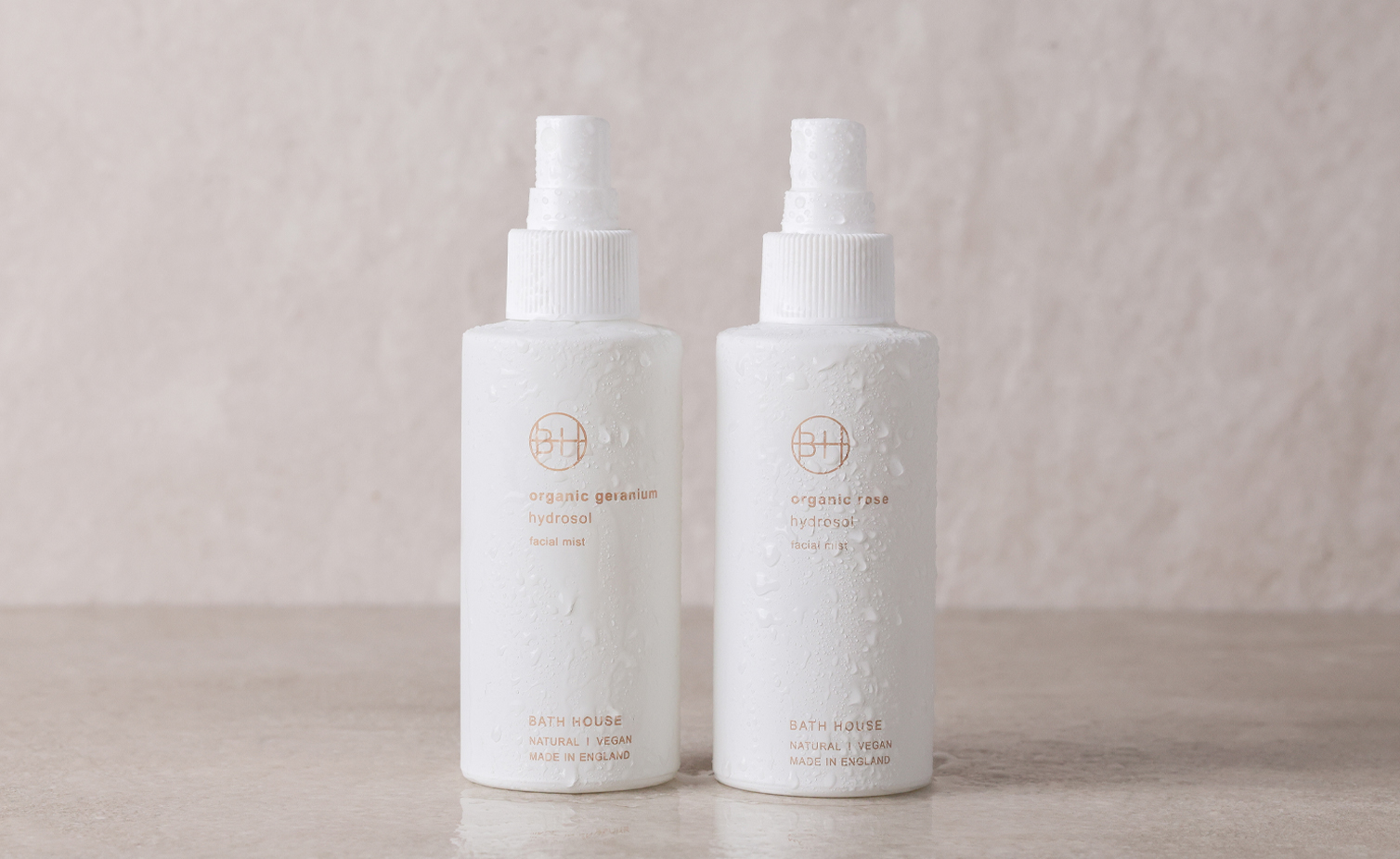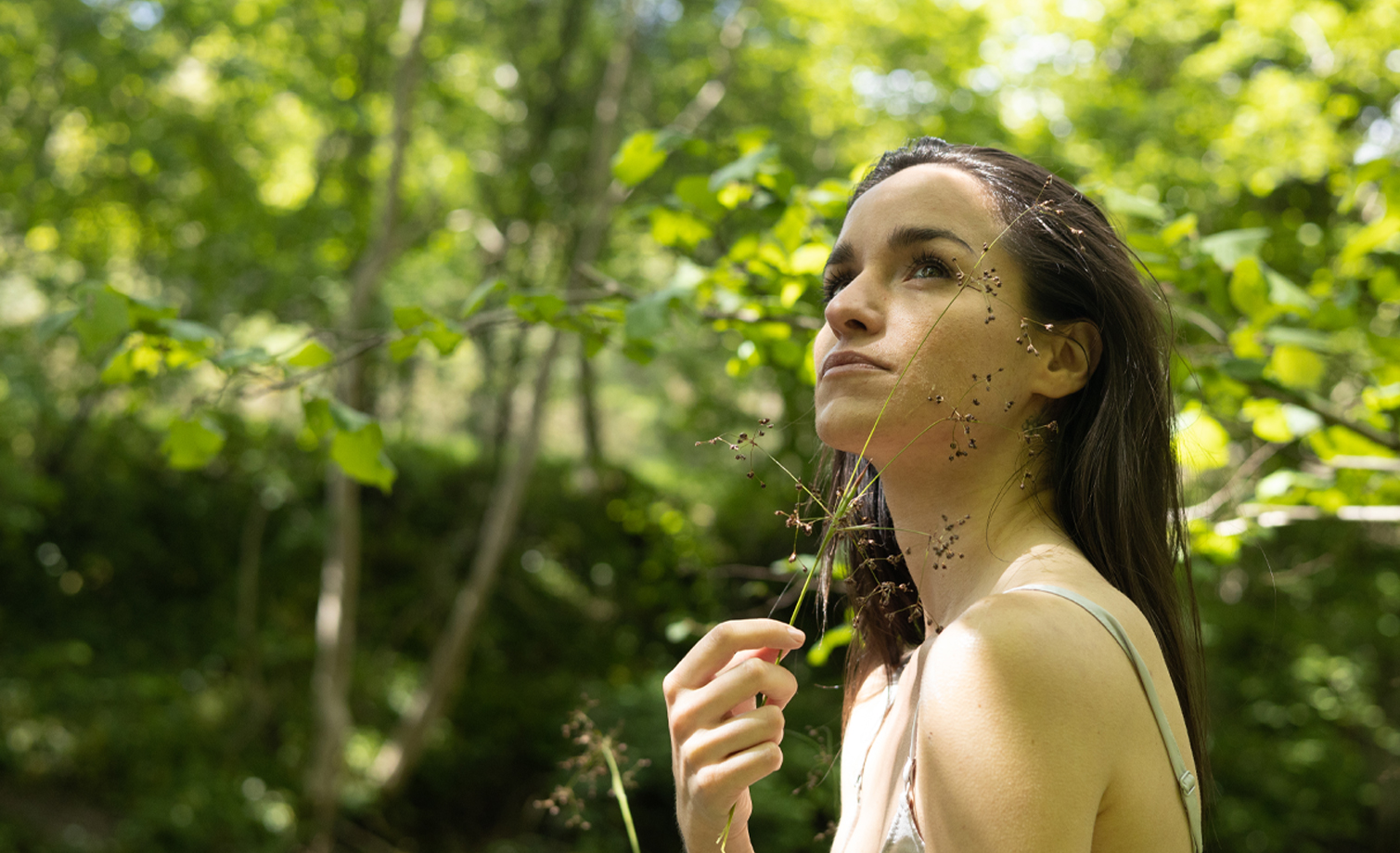The midday sun stretches out before me as I climb towards the summit, its rays glittering over the blue expanse of Ullswater. A boat pulls into Howtown below me, and I watch the people disembark that look like toy soldiers from my spot high above the valley. Above me, the skylarks sing, dancing and swooping in the warm summer breeze. At my feet, I notice the first signs of the deep purple heather beginning to bloom, swathes covering the Lake District hillsides.
I take the time to notice all of these moments, free from distraction. My senses are alive. I am alone.
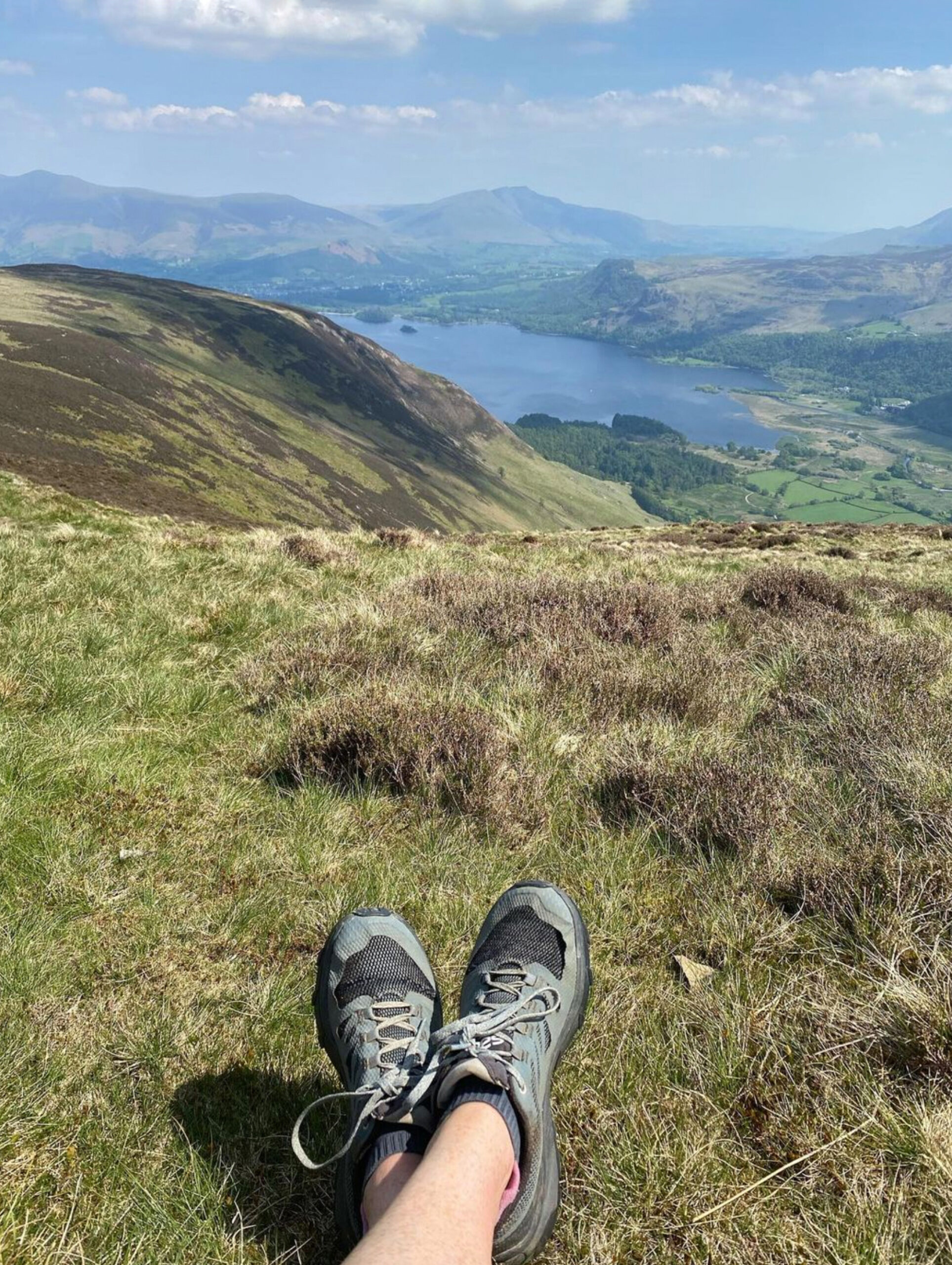
Walking solo in the hills of the Lake District has become my go-to way to relax and slow down. I spend my days working amongst various groups of people. As much as I love the buzz and energy it brings me, I try to make time each week to spend time in solitude by heading into the hills or walking in the valley or by the lake. This is my way of pressing reset on life.
The notion of being alone in our society is often viewed with negative conations – an absence of friends or a relationship in which to share an experience; we can look upon people choosing to do activities such as eating out, travelling or spending time in nature with pity or sadness that they are alone.
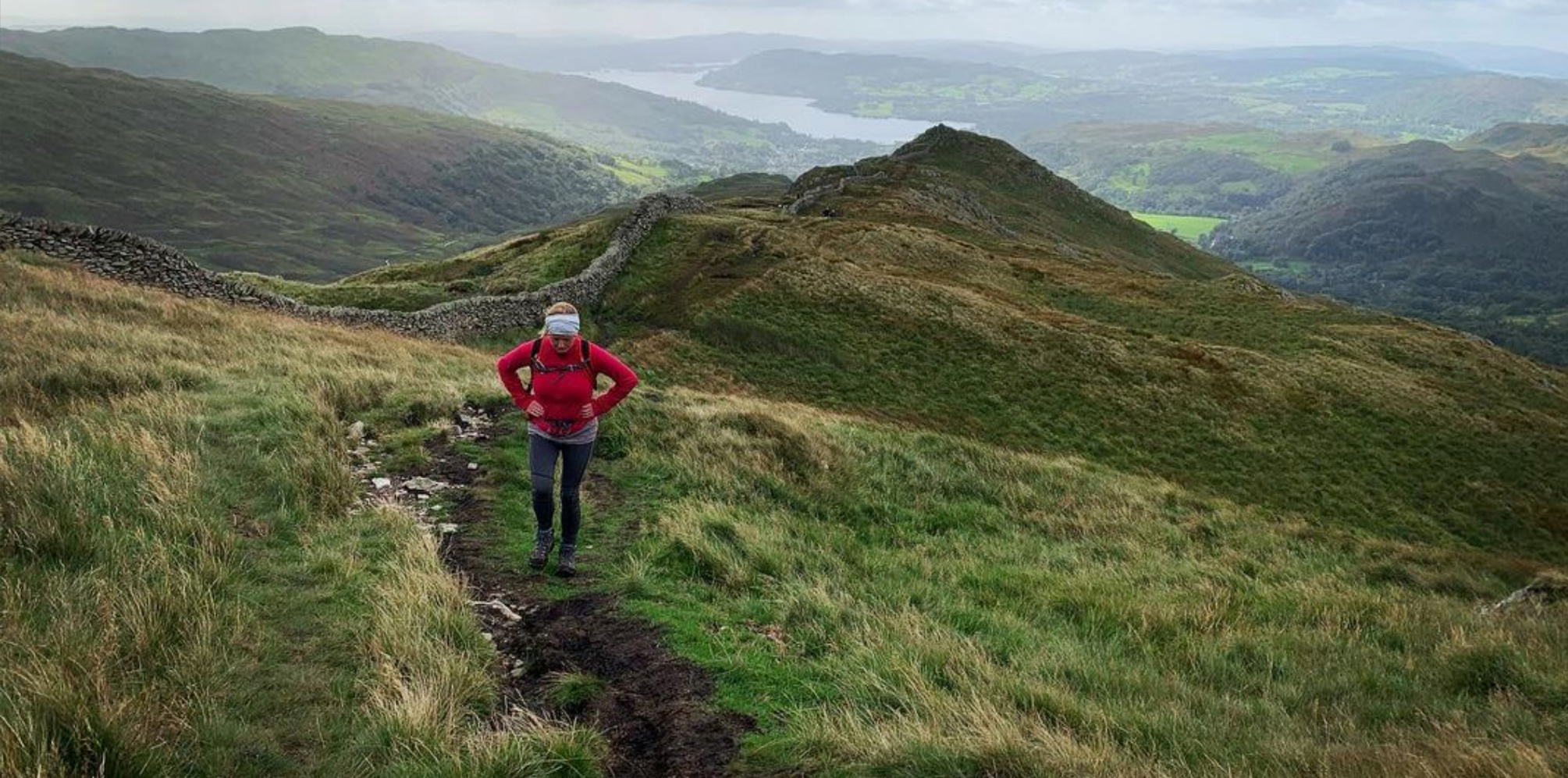
But carving out time to intentionally spend time in solitude, away from our busy and interconnected lives, can have a positive and nourishing impact on our well-being. From bringing a greater sense of clarity to building confidence and independence, we share the positive benefits of making time for solitude in our busy lives.
Spending time alone can be like learning a new skill – it takes time and practice to grow in confidence.
When I first arrived in the Lake District, my solo walks were just short strolls to the lake and back from the town I lived in rather than up in the hills, often just for 10-15 minutes at a time. I felt self-conscious. Were people wondering why I was walking by myself? But the more I made space for walking by myself either before or after work, the more my sense of independence grew, and my walks became a little longer and more challenging as time progressed. Starting small helped me build my confidence and become more comfortable spending time alone.
Spending time alone allows us to tune in more deeply with the world.
Taking a solo walk in your local area or, if you can access it, out in nature can allow you to feel more present in the world.
When we walk with others, we are often swept up and focused on conversation, looking inwards rather outwards at the world around us. Making time to go for a walk alone allows us to fully tune in to our senses, to notice the subtleties of life that can go unnoticed when in the company of others – the way the light falls, the architecture of the buildings or how nature changes over the year as the seasons change. We can tune more deeply into our senses without distraction; to discover a sharper, clearer world.
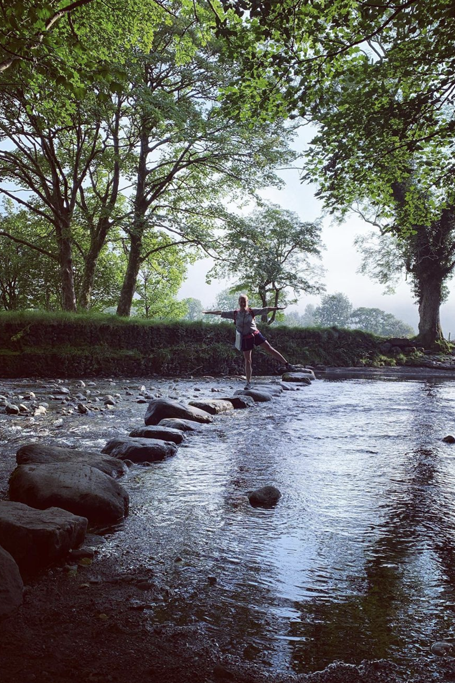
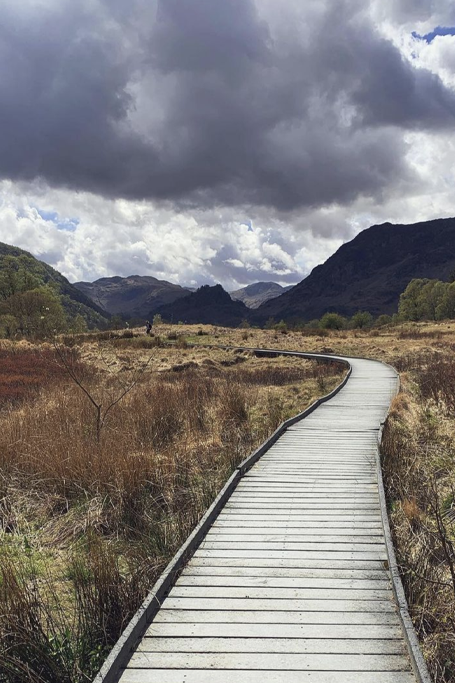
Spending time alone helps us to process our thoughts.
Our days are often full of social contact from work, friends or family. When we get home, we often reach for our screens to distract ourselves, leaving our thoughts and worries unprocessed. Setting time aside to spend time quietly alone – walking, meditating, journalling or doing your favourite activity- can help us process our thoughts, worries or problems with increased ease and even creativity and allow us to return to social situations with renewed clarity.
Spending time alone allows us to build a deeper understanding of ourselves.
Creating a positive mindset around spending time alone is key. Think of it as a time you carve out for yourself rather than an absence of social contact.
When we spend time with others, we often compromise on the activities we want to do, but making time for yourself allows you to prioritise the things that bring you the most joy and relaxation or even the time to learn a new skill or craft.
Think of time as a way to create a deeper, richer understanding of yourself as time goes by.


